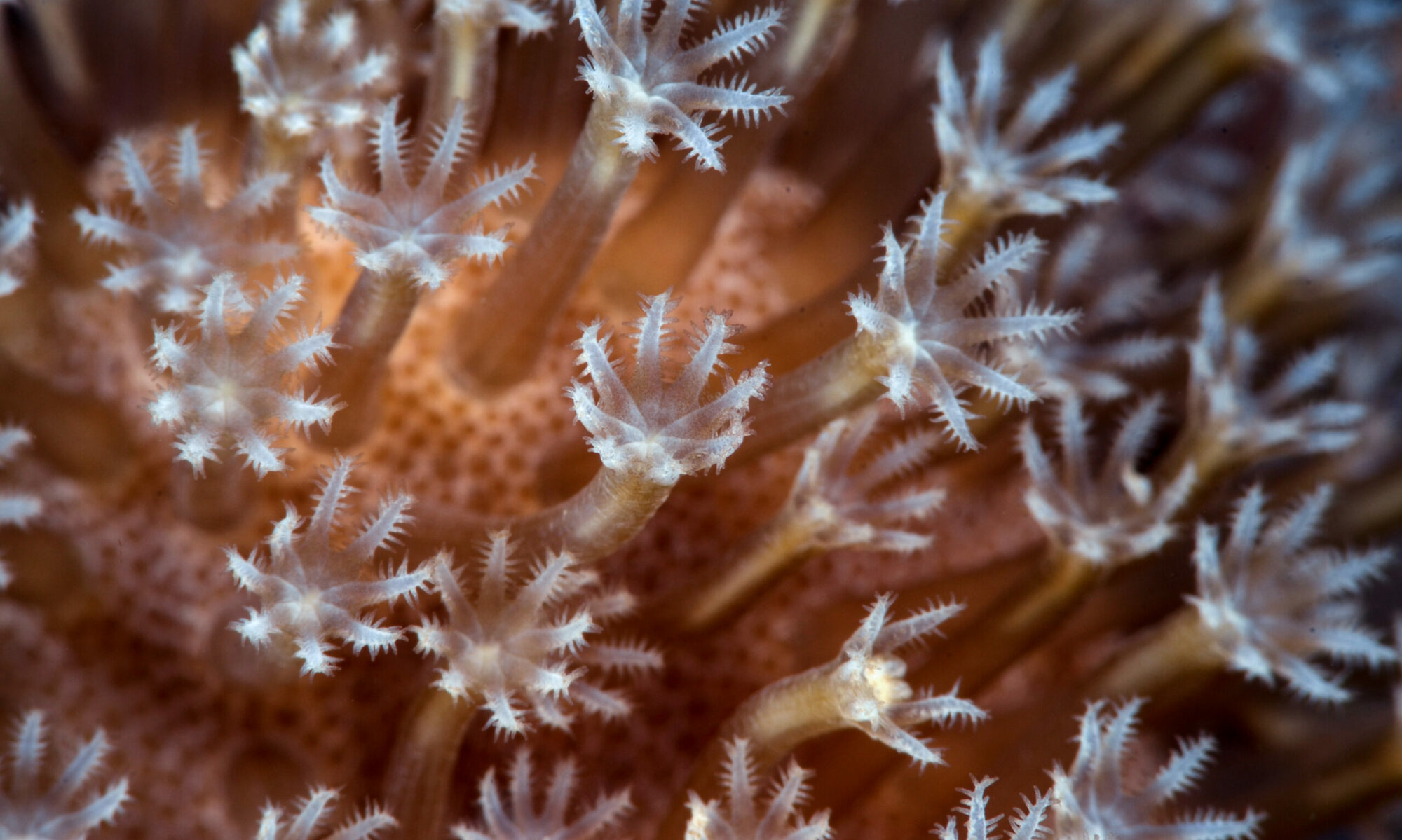


The University of Guam (UOG) has announced 12 new participants for the Guam Green Growth (G3) Kupu Conservation Corps, marking its expansion into a six-month program that offers enhanced training and benefits.
The new cohort was introduced by the UOG Center for Island Sustainability and Sea Grant on Monday, March 31, at the UOG Global Learning and Engagement Building.
Over the next six months, the new G3 Kupu Conservation Corps members will receive comprehensive training and hands-on experience in various sustainability areas connected to Guam’s green economy. These areas include agriculture and aquaculture, island beautification, invasive species removal, reforestation, circular economy practices, recycling, and renewable energy.
UOG President Anita Borja Enriquez, DBA, called the new cohort, “the future leaders of Guam’s environmental movement.”
“You will gain valuable knowledge, background, and experiences that will ultimately be passed forward and appreciated through this movement for a more sustainable island,” Enriquez added.
Gov. Lou Leon Guerrero, who co-chairs the G3 initiative with Enriquez, also emphasized the importance of having a new cohort participate in the program. “We need people who are very conscious minded of conservation, of sustainability. Because that’s how we can continue our quality of life that we so much deserve.”
Here are the new members of the G3 Kupu Conservation Corps:
- Christian Arriola
- Curtis-Robert Bukikosa
- Joshua Cepeda
- Marrae Cruz
- Audree Justine Amuan James-Perez
- Mi’yah Max
- Eyana Pereda
- Matthew Pangelinan
- Nicolas Quinata
- John Reynold
- John Rushworth
- Gideon Tyquiengco
Reflecting on his decision to join the conservation corps, Bukikosa said, “I want to take care of the island and make sure that the resources we have last for the future.”
Meanwhile, Max saw the program announcement as an opportunity to contribute more to the island. Reynold, originally from the Federated States of Micronesia and a Guam resident for 14 years, emphasized that “giving back to the community is important.”
UOG Center for Island Sustainability and Sea Grant Director Austin Shelton, PhD, said that the enhanced program came to be because of the investments made by the university and its partners into workforce development, in particular, into the G3 Conservation Corps program.
“This is something that has grown in the past few years,” Shelton said.
According to Shelton, the integration of the G3 Conservation Corps with the G3 Kupu Corps for this cycle offers significant advantages. In addition to expanded training, the program now includes an extra month of salary and healthcare benefits for the participants.
Beyond the program’s benefits, Shelton also emphasized its core impact on building a sustainability mindset, which is foundational for the transition to a green economy. “Your role is really important because this is a workforce development program that supports the road toward a green economy,” he said, addressing the new cohort.
Upon completion, participants will receive a stipend and the opportunity to earn up to 80 continuing education units (CEUs) from UOG Global Learning and Engagement. They will also engage with a diverse range of environmental organizations and initiatives across Guam and the broader Micronesia region. The first G3 Conservation Corps program was launched in 2021.
What is G3?
The UOG Center for Island Sustainability and Sea Grant facilitates the Guam Green Growth, or G3 initiative, in cooperation with the Office of the Governor of Guam and the G3 Working Group, whose members represent all sectors of society. With the 17 UN Sustainable Development Goals and G3 Action Framework as a guide, G3 develops tangible solutions to sustainability challenges and contributes to a green economy for the island region.
Guam NSF EPSCoR is the catalyst for G3. One of its programs is the G3 Conservation Corps, a workforce development initiative that creates opportunities in the green economy.


